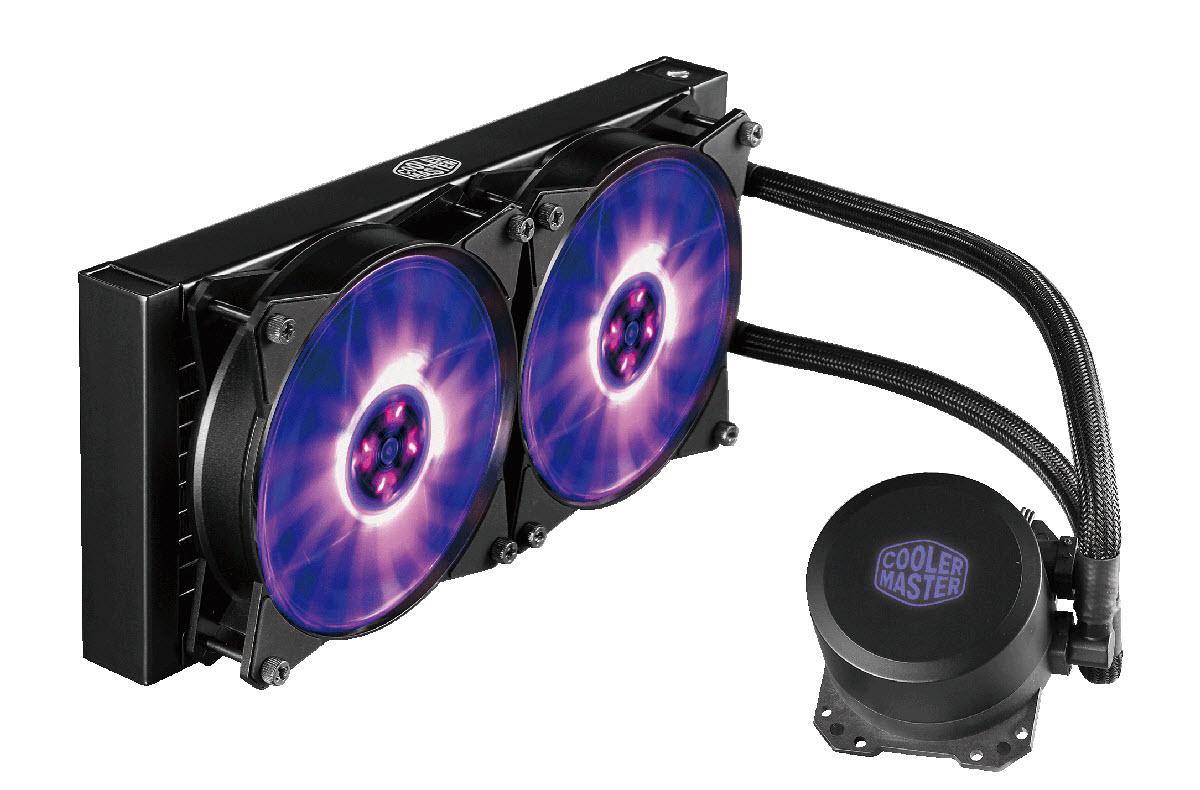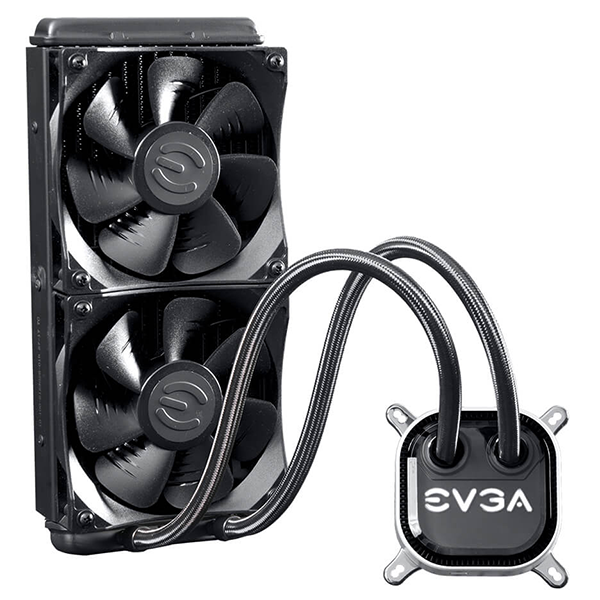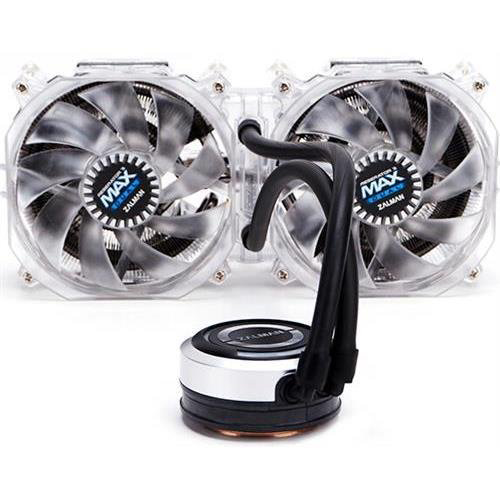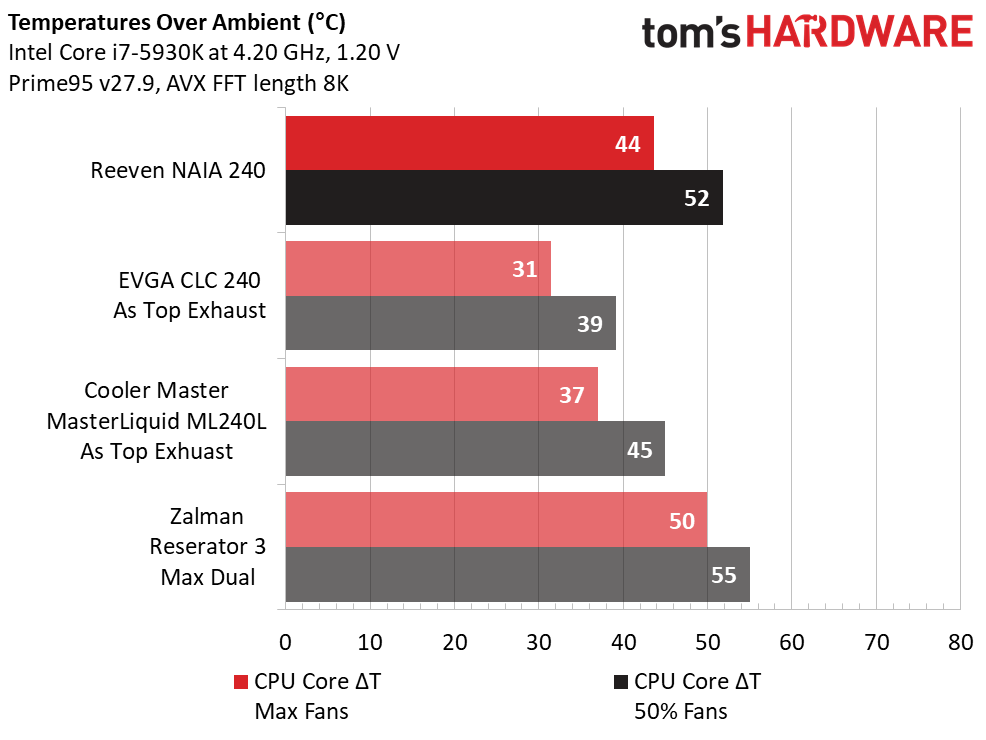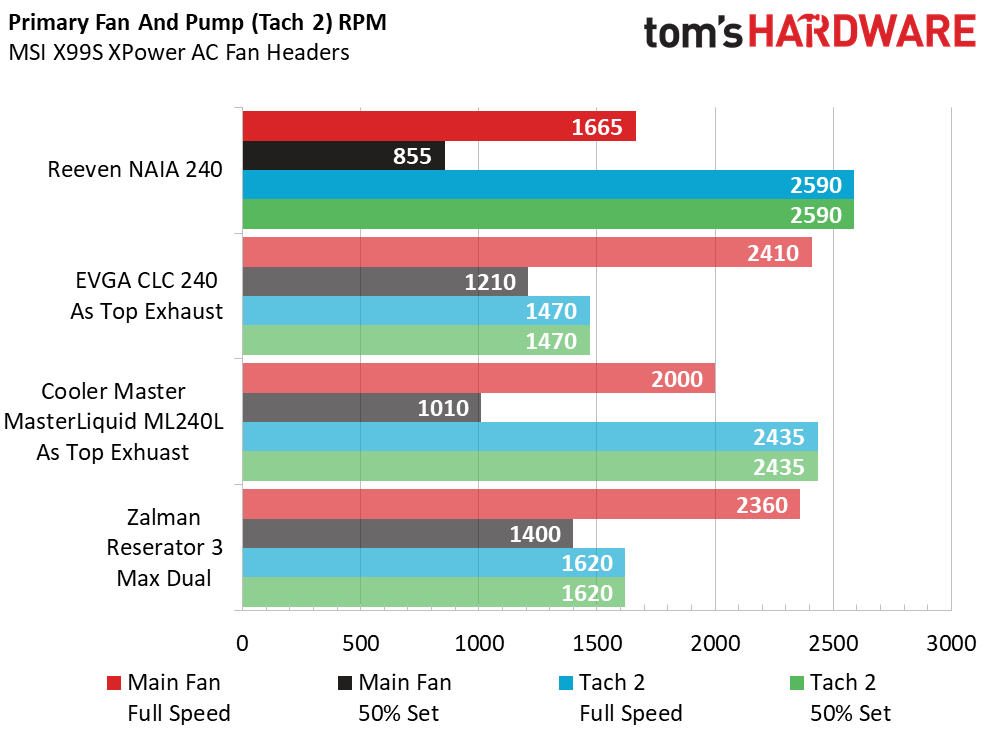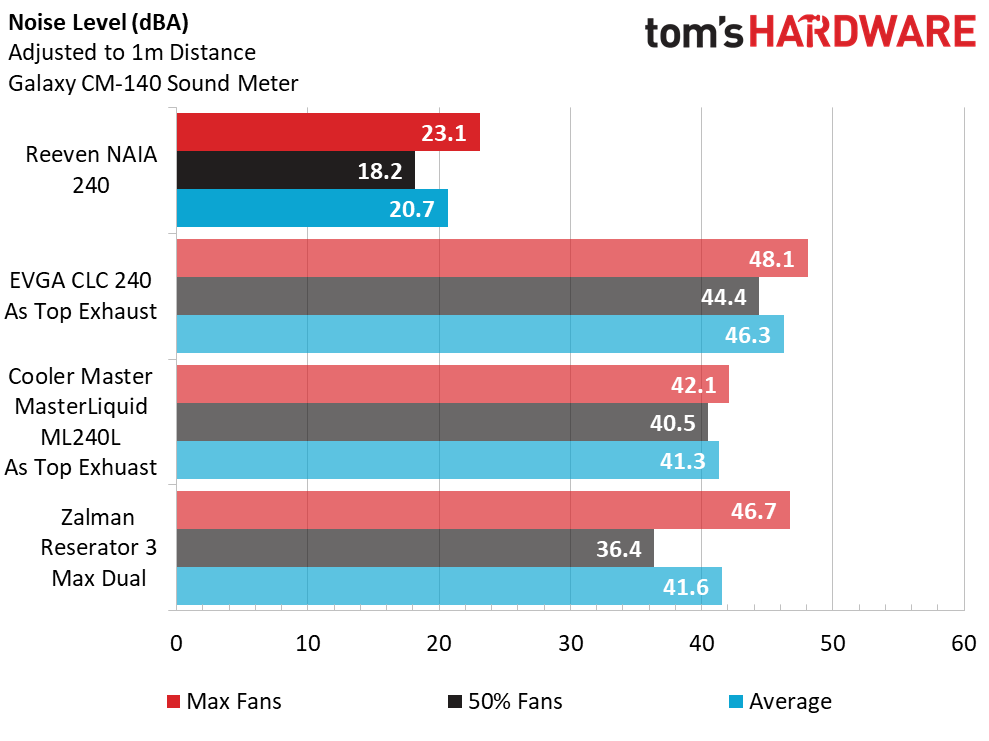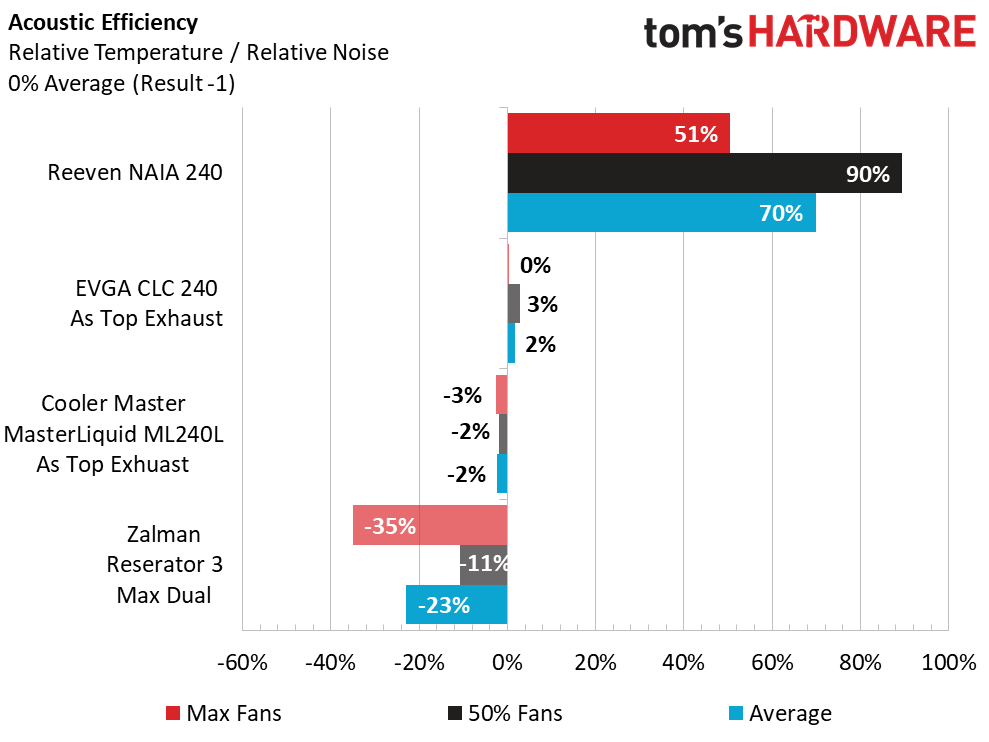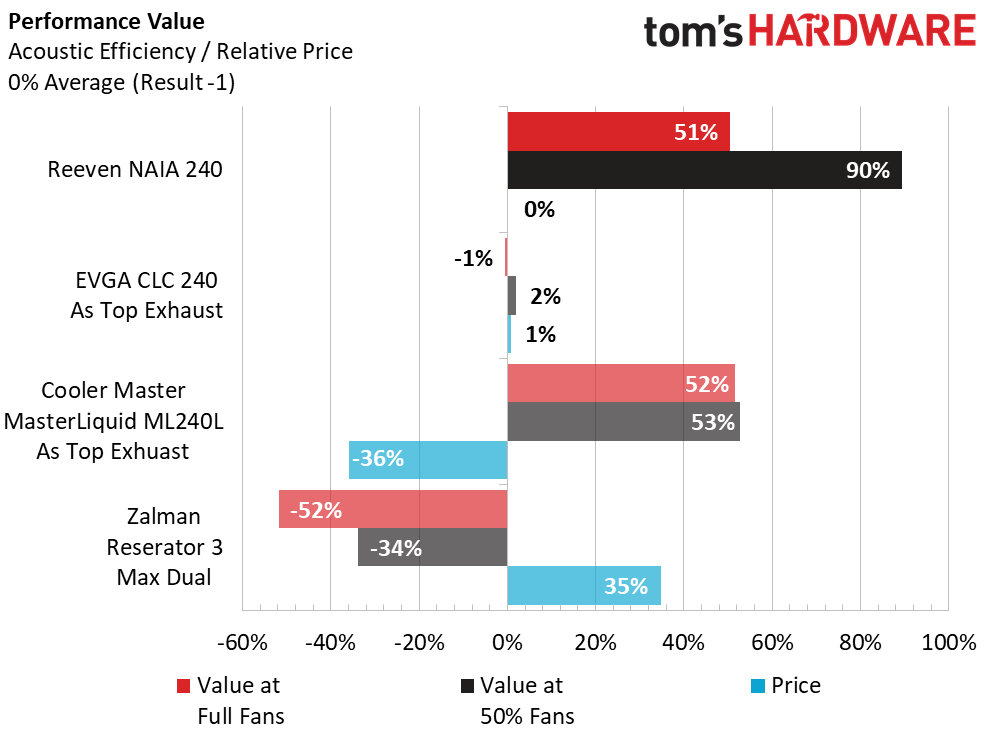Reeven NAIA 240 Closed-Loop CPU Cooler Review
Why you can trust Tom's Hardware
Testing Results & Conclusion
We use CPU cooler test data and hardware from prior reviews to provide standardized testing results. We will be evaluating the Reeven NAIA 240 against the EVGA CLC 240, the Cooler Master MasterLiquid ML240L, and the Zalman Reserator 3 Max Dual, because each of these feature a 2x120mm heat exchanger and should offer some good performance data evaluation. Data from each cooler is also gathered utilizing their included hardware and using the same push/exhaust radiator and fan configuration.
Primary load testing using Prime95 provides our base testing thresholds for load temperatures over ambient air at both full and half fan speeds on the Reeven NAIA 240. While these trail the EVGA CLC 240 by a fair margin, they lag behind the Cooler Master MasterLiquid ML240L by much less, and are better than the Zalman Reserator 3 Max Dual.
The Reeven NAIA pump churns out the highest RPM of the test group, while its fans produce the slowest rotational speeds. Since a pump tachometer reading does not provide any concrete data due to unknown flow rates, reported fan speeds do provide some indication of things to come.
The approach Reeven has taken with the NAIA is one of silent operation over brute force airflow. The Reeven NAIA 240 shows that even a whisper is too loud while operating at full fan speeds, while the EVGA CLC 240 produced the highest noise values by far while also generating the lowest temperatures of the group.
The muted fans of the Reeven 240 combined with favorable thermal results provide a strong showing when we evaluate temperature against noise level. The vast sound level difference provides substantial value in acoustic efficiency, giving the Reeven NAIA a commanding lead in this comparison.
The overall performance value of the NAIA 240 is heavily skewed towards its acoustic efficiency rating as the cooler lands at an exactly average price point between all test coolers in this group. The Cooler Master MasterLiquid ML240L provides a good argument for performance value through lower cost. The EVGA CLC 240 hovers just around middle ground due to very good thermal performance coupled with the highest overall noise levels, while landing at a hair over average on price. The Zalman Reserator 3 Max Dual is the most expensive cooler of the group by a good margin, yet turns the lowest ratings of the testing group for thermal and noise performance.
The Reeven NAIA 240 is a perplexing liquid cooler for a few reasons. We see what appears to be a closed-loop cooler that isn’t actually closed like most of its peers, but also does not offer expandability to include cooling other components, like a graphics card. Reeven clearly expects user maintenance with the NAIA, but primarily for the sole purpose of changing coolant color to be viewed within the clear pump housing. This also means that, because of potential user interaction, there are now exactly two points of concern for leaking (provided coolant is modified): the pump housing thumbscrew and the radiator thumbscrew. Both the pump housing color and thumbscrew access/leak points could be eliminated simply by including LED or RGB lighting for color options rather than providing the ability to alter the coolant within the unit.
Get Tom's Hardware's best news and in-depth reviews, straight to your inbox.
Using quieter fans than most of the competition does provide appeal for those building a near-silent HTPC or workstation. Reeven could have opted to use higher speed fans for more airflow over the radiator and likely would have earned the NAIA 240 more points in our temperature comparison, but overall it would have detracted from the silent operation, which is a key selling point for Reeven.
MORE: Best CPU Cooling
MORE: How To Choose A CPU Cooler
MORE: All Cooling Content

Garrett Carver is a contributor for Tom’s Hardware, primarily covering thermal compound comparisons and CPU cooling reviews; both air and liquid, including multiple variations of each.
